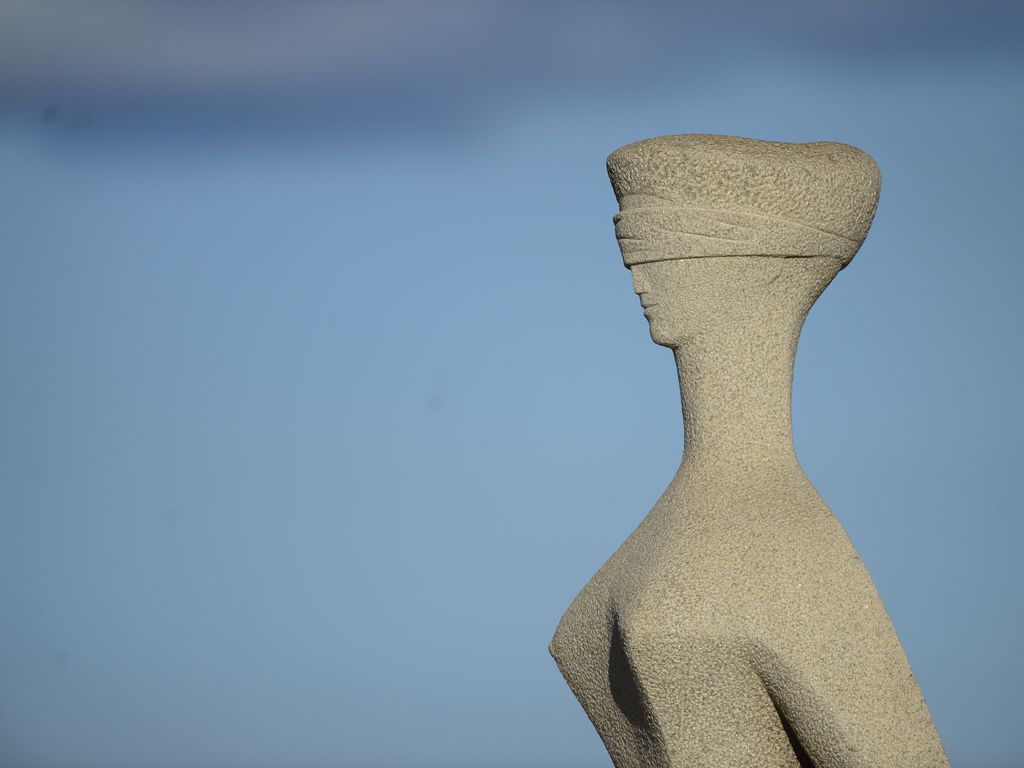The Supreme Court has cast the majority of votes necessary to allow final judicial rulings on tax cases to be overturned. Thus, situations in which companies obtained the right not to pay certain taxes could be reversed if the court later finds that the tax is legal.
The trial is likely to come to an end on February 8. Though votes have been cast, the justices are yet to settle on the final wording of the decision, and from when it will be applicable.
In practice, the decision allows the Federal Revenue Office to collect taxes from companies without having to file a lawsuit to overturn a prior order.
Another loose thread concerns when tax can be effectively collected. The majority of votes from the 11 justices suggest that the change should only take effect after one year and three months, counting from the trial’s conclusion.
The background of the discussion involves the payment of the social contribution on net income (CSLL), for which some corporate taxpayers received favorable rulings in the Supreme Court not to have to pay this tax.
Over time, however, the court began to change its understanding, issuing individual decisions that confirmed the legality of CSLL payments. In 2007, the Supreme Court ruled that the tax was constitutional. Charges due since then, plus inflation adjustment and fines, can reach very high amounts.
In the case of mining company Samarco, for example, bills with CSLL could reach BRL 6 billion.


 Search
Search






































